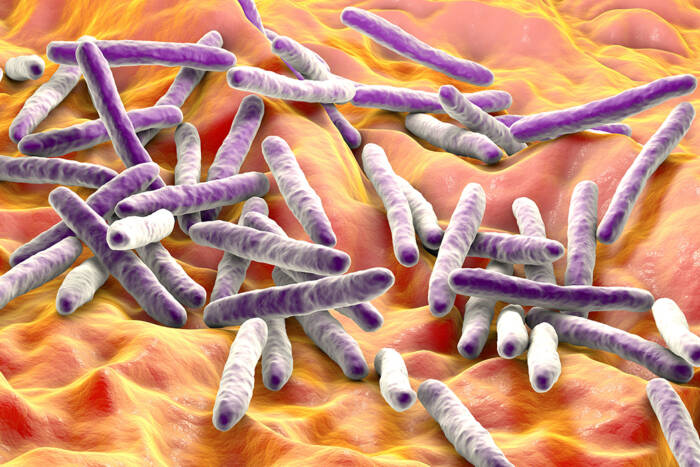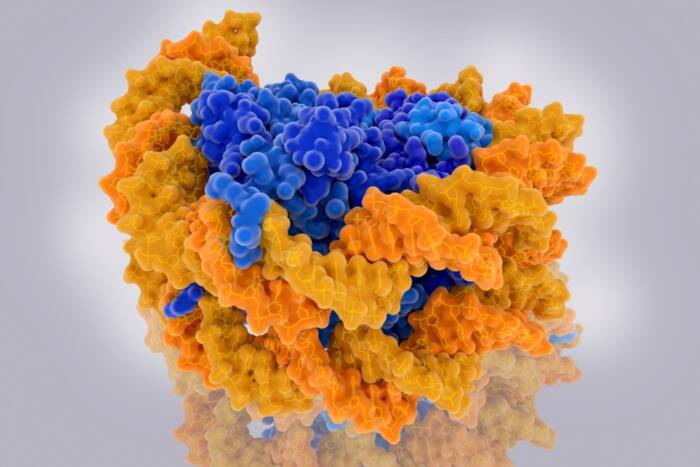Harvard biochemist named visiting scholar
Jack Strominger, Harvard University biochemist and winner of the Lasker Award for discoveries involving immune system structures, has joined The Rockefeller University as a visiting scholar for the month of April. On sabbatical from his post in the Faculty of Arts and Sciences at Harvard College (as well as at the Dana-Farber Cancer Institute), Strominger is based in the laboratory of Sherman Fairchild Professor Michel C. Nussenzweig, a leading researcher of dendritic cell function and head of Rockefeller’s Laboratory of Molecular Immunology.
Strominger, who holds degrees from Harvard and Yale Universities and whose academic career has included Washington University School of Medicine in St. Louis and the University of Wisconsin Medical School, has been a member of the Harvard faculty since 1968. His research involves the structure and function of major histocompatibility complex (MHC) proteins, whose job is to present both foreign and self-antigens to T cells to strengthen the immune system’s ability to recognize (and thus tolerate) friendly, endogenous antigens while eliminating pathogenic ones.
Strominger’s lab isolated and then, with his Harvard colleague Don Wiley, solved the structures of both class I and class II MHC proteins (the antigen-presenting classes) and their peptide complexes, work that garnered him the 1995 Albert Lasker Basic Medical Research Award and the Japan Prize. This discovery eventually led to the development of a drug currently in clinical trials for the treatment of multiple sclerosis. Following upon his award-winning discovery, Strominger also elucidated the structural features that enable a single MHC molecule to bind to a large variety of different peptides.
More recently, Strominger’s lab has been focused on the maturation process of human immature dendritic cells, which exist in the central nervous system as microglia, a kind of sleeper cell, undifferentiated and waiting to be called to action by the presence of a foreign antigen. Because dendritic cells — first discovered in 1973 by Rockefeller University professor Ralph M. Steinman — are the main antigen-presenting cell in the immune system, effective immune response depends in part on how they mature. Strominger also investigates immune cells in the pregnant uterus that participate in the process that allows the mother to accept a fetus that would otherwise be identified as foreign since it contains paternal antigens.
The university’s Visiting Scholars Program aims to foster collaborations and encourage innovative discourse by bringing outside specialists to campus for short stays. In addition to his role in the Nussenzweig lab, Strominger will host two seminars and will meet with a range of scientists, postdocs and students from several labs.
“Rockefeller is a very exciting place scientifically now, in my field as in other fields,” says Strominger. “I am excited to be part of such a forward-thinking community and look forward to interacting with both Dr. Nussenzweig and Dr. Steinman.”
Nussenzweig, who is also a Howard Hughes Medical Institute investigator, studies how mature dendritic cells function: how they load MHC molecules with peptides and how they maintain tolerance to self-antigens and thus avoid autoimmune dysfunctions while simultaneously fighting pathogens. “I am pleased to be hosting Dr. Strominger, and the members of my lab are anticipating some very interesting interaction during his stay,” says Dr. Nussenzweig.



